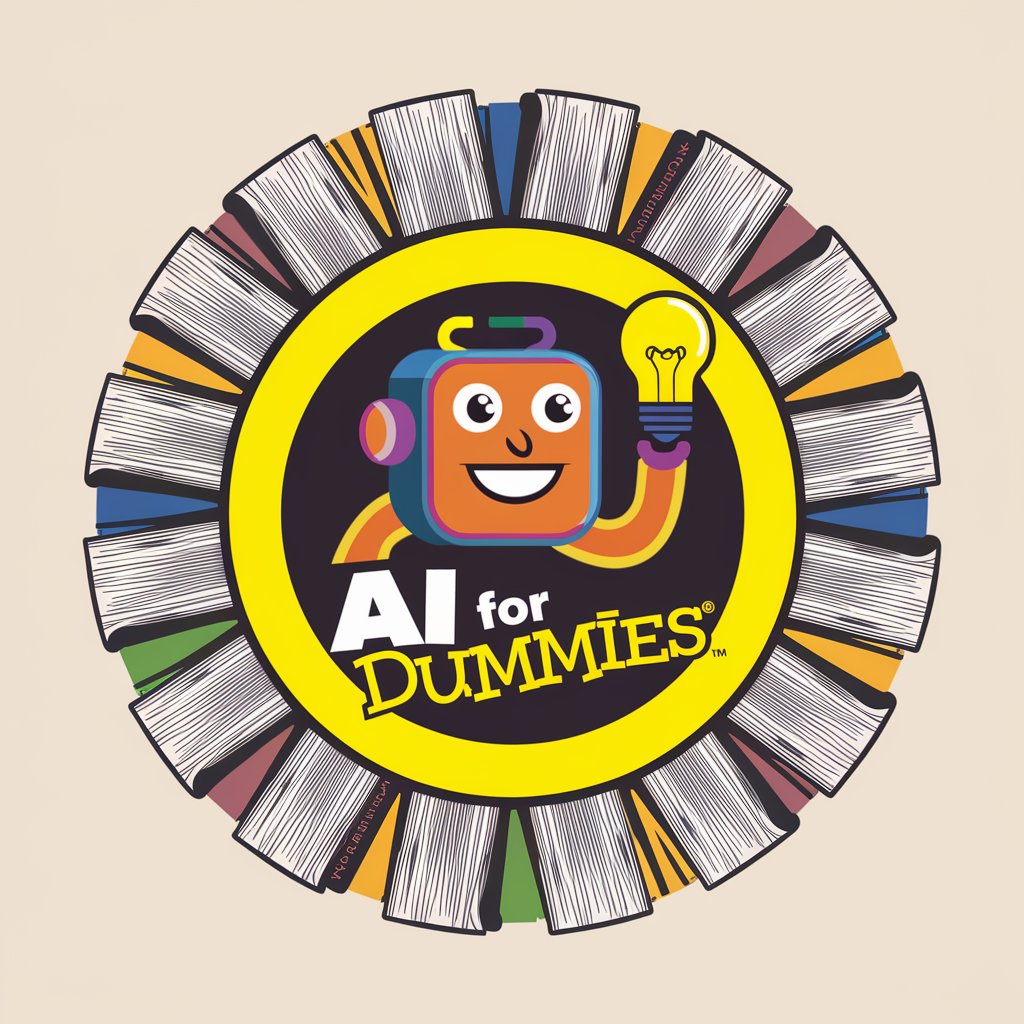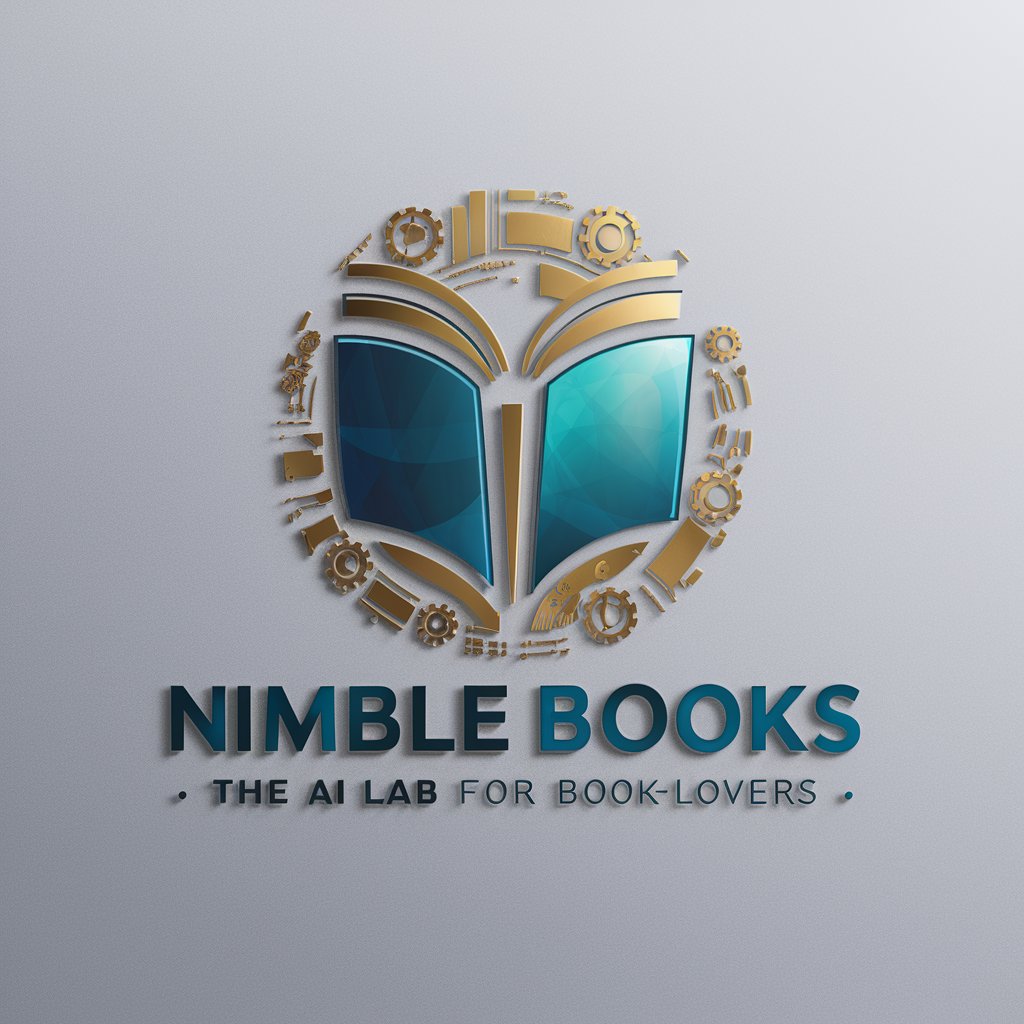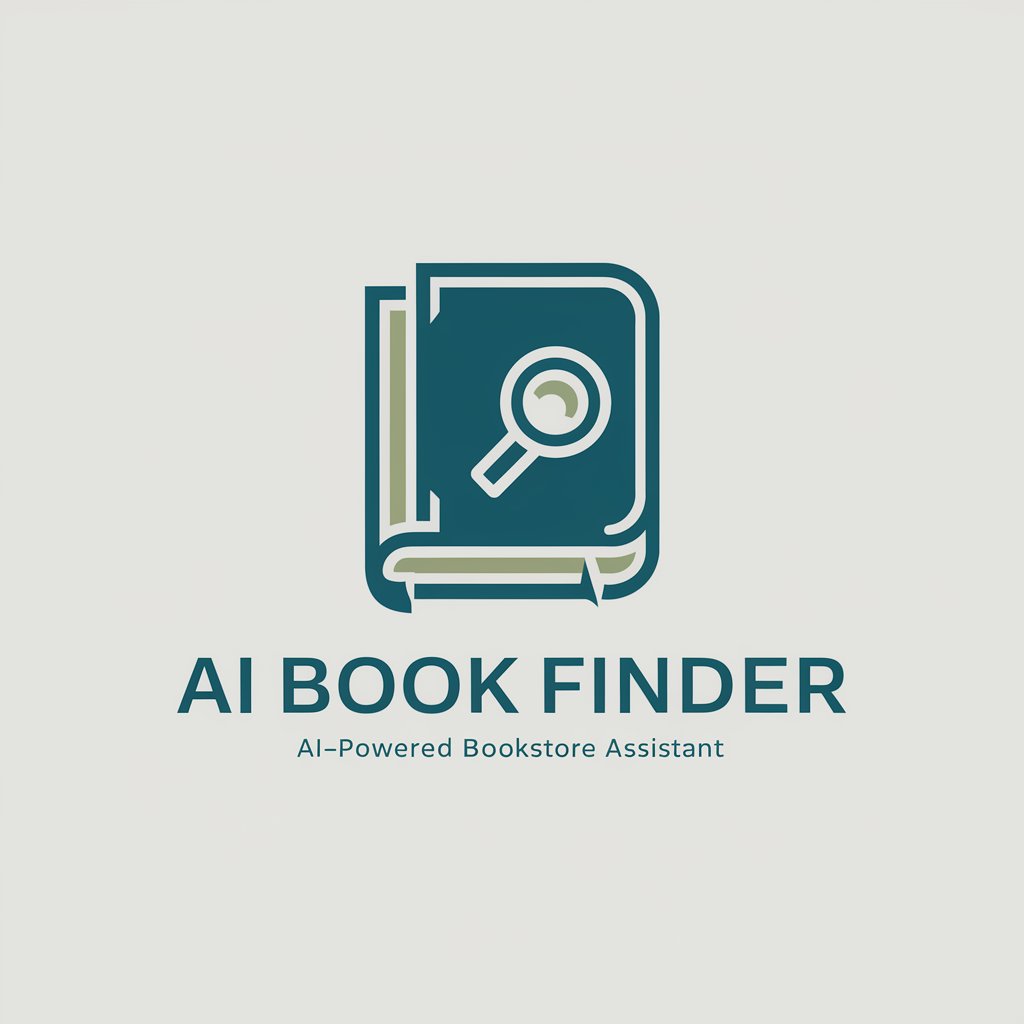
Marginalia - AI for Printed Books - for Mobile - AI-Powered Reading Assistant

Hello! Ready to dive into your book?
Bringing Printed Words to Digital Life
Analyze the significance of this passage:
Summarize the key points of the text:
Explain this concept in simpler terms:
Create an image based on this description:
Get Embed Code
Marginalia - AI for Printed Books - for Mobile
Marginalia is a bespoke AI designed to enhance the reading and learning experience for users by interacting with images of book pages or other printed media. This AI specializes in analyzing and summarizing the text contained within these images, offering explanations in an accessible and simplified manner to accommodate various reading levels and interests. It also possesses the capability to convert text passages into vivid images, thereby enriching the user's understanding and engagement with the material. A key aspect of Marginalia's design is its adaptability, allowing it to cater its responses to the specific needs and requests of each user. For example, a student struggling to grasp complex scientific concepts in a textbook can use Marginalia to obtain a simplified summary, while a literature enthusiast might explore deeper analyses or thematic discussions of classic novels. Powered by ChatGPT-4o。

Core Features of Marginalia
Text Summarization and Explanation
Example
When a user uploads a photo of a dense, academic paper on quantum mechanics, Marginalia provides a concise summary and explanation of the paper's key points, making the complex subject matter accessible to a broader audience.
Scenario
This function is particularly useful for students or lifelong learners who encounter challenging materials. By breaking down complex ideas into easier-to-understand components, Marginalia aids in comprehension and learning.
Text-to-Image Generation
Example
Given a passage describing the architectural marvels of ancient Rome, Marginalia generates a detailed image showcasing the Colosseum, Roman Forum, and other landmarks as described, bringing the text to visual life.
Scenario
This feature enhances the reading experience by providing visual aids, especially useful for visual learners or those with a keen interest in subjects where imagery can significantly augment understanding, such as history or literature.
Target User Groups for Marginalia
Students and Lifelong Learners
Individuals engaged in educational pursuits who often encounter complex texts across various subjects. Marginalia serves as a learning assistant, simplifying and explaining difficult concepts to improve comprehension and retention.
Literature Enthusiasts
Readers with a passion for exploring the depths of literary works. They benefit from Marginalia's ability to analyze themes, characters, and motifs, offering deeper insights and enhancing their appreciation of the texts.
Research Scholars
Academics and professionals who delve into extensive research materials can use Marginalia to quickly summarize and understand key points from a vast array of documents, streamlining their research process.

How to Use Marginalia - AI for Printed Books - for Mobile
Step 1
Visit yeschat.ai for a complimentary trial, no login or ChatGPT Plus required.
Step 2
Download the Marginalia mobile app from the app store appropriate for your device (iOS or Android).
Step 3
Snap a clear photo of your book page or printed material using your mobile device's camera within the app.
Step 4
Use the in-app tools to crop or adjust the image to ensure that the text is legible for processing.
Step 5
Submit the image for analysis. Review the extracted text, summaries, or engage with the interactive Q&A based on the content.
Try other advanced and practical GPTs
CPA Exam Tutor - Regulation Section
AI-powered CPA Regulation mastery.

Section 600 Bot
Empowering faculty with AI-driven governance insights.

What to Expect from Your C-Section
Empowering Your C-Section Journey with AI

Section 125 - FICA Save Info Guide
Empowering Businesses with AI-Driven Tax Solutions

Retro Pixal Art Cross Section Generator
AI-powered retro pixel art creation

Marketing and Society - Section B
Empower Your Marketing Knowledge with AI-Driven Insights

For
Empower your text with AI

Meet review for managers
AI-powered Meeting Insights

For Dummies
Learn Anything, Simplified by AI

For Dummies
Simplify learning with AI power

ScreenWriteBot for short films
Craft compelling stories effortlessly.

Alt Text Titles for for stock photos
Enhance Accessibility with AI-Powered Alt Text

Frequently Asked Questions About Marginalia - AI for Printed Books - for Mobile
What types of printed materials can Marginalia analyze?
Marginalia is capable of analyzing a wide range of printed materials, including books, magazines, newspapers, and academic papers, as long as the text is clearly visible in the submitted image.
Can Marginalia simplify complex texts for easier understanding?
Yes, one of the key features of Marginalia is its ability to simplify complex texts. It provides summaries and explanations in simpler language, making difficult concepts more accessible to various reading levels.
Is Marginalia useful for students?
Absolutely, students can use Marginalia to extract and summarize key information from their textbooks or research materials, aiding in study and revision processes.
How does Marginalia ensure the privacy of the documents processed?
Marginalia adheres to strict data privacy policies ensuring that all documents uploaded for analysis are not stored or used beyond the session, maintaining user confidentiality and security.
Can Marginalia generate images from text descriptions?
Yes, Marginalia can transform descriptive texts into visual images, aiding users in visualizing the content of their reading material, which is particularly useful for creative and learning applications.





